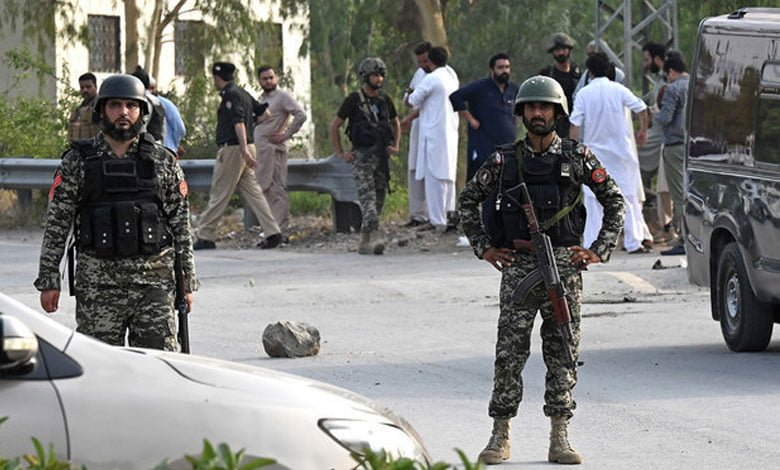Why US withdrawal from Afghanistan is becoming more ‘deadlier’ for Pakistan
Pakistan is reeling from a spate of devastating terrorist attacks in recent days, raising concerns about the country's security landscape.

New Delhi: Pakistan is reeling from a spate of devastating terrorist attacks in recent days, raising concerns about the country’s security landscape.
From the rugged terrains of Balochistan to the mountainous regions of the north, the frequency of such attacks has surged, primarily targeting security personnel and increasingly posing risks to foreign nationals, particularly Chinese workers.
A targeted assault on Chinese nationals, notably the Bisham attack resulting in the deaths of at least six individuals, including five Chinese citizens, has rattled authorities. Described as a suicide bombing, the attack struck a convoy of foreign nationals traveling from Islamabad to the Dasu power project, shedding light on the heightened risks faced by international collaborators in Pakistan.
Responding to the escalating threat to Chinese nationals, a team of Chinese investigators has arrived in Pakistan to assist in the investigation into the suicide attack. This collaboration underscores the imperative to safeguard the thousands of Chinese workers engaged in the China-Pakistan Economic Corridor (CPEC) projects, amidst Beijing’s calls for comprehensive investigations and bolstered security measures.
The surge in attacks targeting CPEC-related initiatives, notably the Dasu Dam site, has prompted Chinese contractors to temporarily halt work on key hydropower projects, pressing Pakistani authorities to devise enhanced security strategies to protect the workforce.
In addition to the Bisham incident, Baloch separatist militants launched an assault on the PNS Siddique naval base in Turbat, claiming the life of an FC trooper. This escalation follows a thwarted attempt by Baloch militants on the Gwadar Port Authority Complex, signaling a surge in separatist violence within Pakistan.
Of particular concern is the utilization of US-made weapons, left behind following the American withdrawal from Afghanistan, by terrorist groups against Pakistan. Groups like the Tehreek-e-Taliban Pakistan (TTP) and the Balochistan Liberation Army have been identified as wielding these weapons in their assaults, heightening the lethality of terror attacks within Pakistan.
Despite Pakistan’s highlighting of the issue, the US has refuted claims regarding the transfer of American arms to militants. Nevertheless, recent evidence points to terrorists employing US weapons in attacks within Pakistan, further exacerbating security challenges in the region.
As the situation intensifies, it underscores the enduring repercussions of the US withdrawal from Afghanistan and the formidable obstacles confronting Pakistan in combating terrorism fueled by the influx of sophisticated weaponry.
